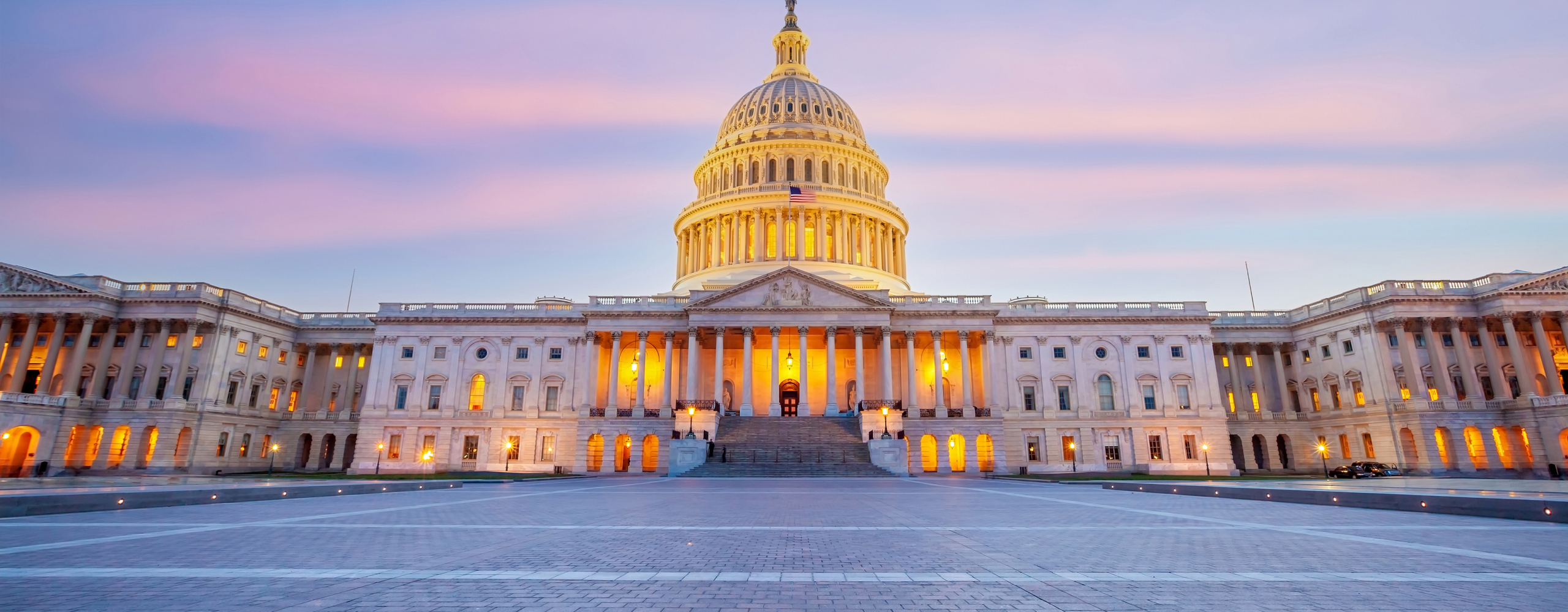Litigation
Congressional Investigations

Gibson Dunn’s Congressional Investigations team offers strategic guidance from former senior government officials and congressional staff, ensuring exceptional advocacy.
Decades of experience from former senior government officials and congressional staff
Tier 1 team ranked for
Congressional Investigations
– Legal 500
Practice led by Chambers
Tier 1-ranked lawyer for Congressional Investigations
Winner, 2023 Crisis Management and Government Oversight
– National Law Journal
Overview
Gibson Dunn offers expert services to help clients navigate congressional investigations.
The firm provides insights into the congressional investigation process, understanding of committee operations, familiarity with key investigative members and staff, and the ability to manage responses to document requests or subpoenas. Our team also prepares witnesses for testimony and delivers high-quality legal analysis and written product.
Congressional investigations present unique challenges distinct from civil litigation and Executive Branch investigations. These investigations generally involve issues and agendas far outside the comfort zone and experience of most litigators. Effective handling requires special skills and direct experience with congressional procedures. These investigations often involve public scrutiny, which can damage a company’s reputation and competitive edge. Unlike controlled courtroom environments, congressional hearings are public and can attract significant media attention. Mishandling these investigations can have devastating consequences.
Gibson Dunn has extensive experience in managing congressional investigations, regularly interacting with Congress and its investigative committees. The firm has handled numerous major investigations across both chambers of Congress and various committees, including special investigative entities. Our lawyers also have deep experience defending Executive Branch investigations stemming from congressional inquiries. From the outset, Gibson Dunn works with clients to strategically assess issues and effectively manage all aspects of an investigation, including responding to subpoenas, negotiating document production terms, preparing for interviews and hearings, managing public relations, and mitigating collateral consequences.
Gibson Dunn’s unique combination of experience and talent sets it apart among the few law firms regularly involved in defending congressional investigations. This expertise enhances our efficiency in both initiating and managing investigations to completion.
The Gibson Dunn Advantage
Successfully navigating a congressional investigation demands a special blend of experience and skills that, while often touted, is hard to find. This is what defines the Gibson Dunn advantage.
“Gibson Dunn was named the 2023 Crisis Management and Government Oversight winner, which 'recognizes firms that have guided clients through government proceedings in Washington, D.C.'”
The National Law Journal
Experience
Recent representations include:
- Major University in the House Education & the Workforce investigation of antisemitism at U.S. universities.
- UnitedHealth Group relating to investigations and hearings concerning the Change Healthcare data breech.
- Several clients in the House Judiciary Committee investigation of alleged collusion between the government, big tech companies, and others to suppress conservative speech.
- Pharmacy Benefit Manager in investigations by the House Committee on Oversight and Accountability and the Senate Committee on Health, Education, Labor and Pensions (“HELP”) of PBMs.
- U.S. owner of Formula 1 in a House Judiciary Committee investigation of Michael Andretti’s application to join the championship.
- Largest hedge funds in the country in a Senate Finance Committee investigation of alleged tax avoidance by high-net worth individuals.
- Leading technology company in a Senate Permanent Subcommittee on Investigations inquiry into the alleged diversion of technology to U.S. adversaries.
- LIV Golf in Senate PSI and Senate Judiciary Committee investigations of the framework agreement between the PGA and the Saudi Public Investment Fund.
- Harlan Crow in Senate Judiciary Committee and Finance Committee investigations into hospitality extended to Justice Clarence Thomas.
- Professional sports league and a major entertainment company in inquiries by the House Select China Committee investigation.